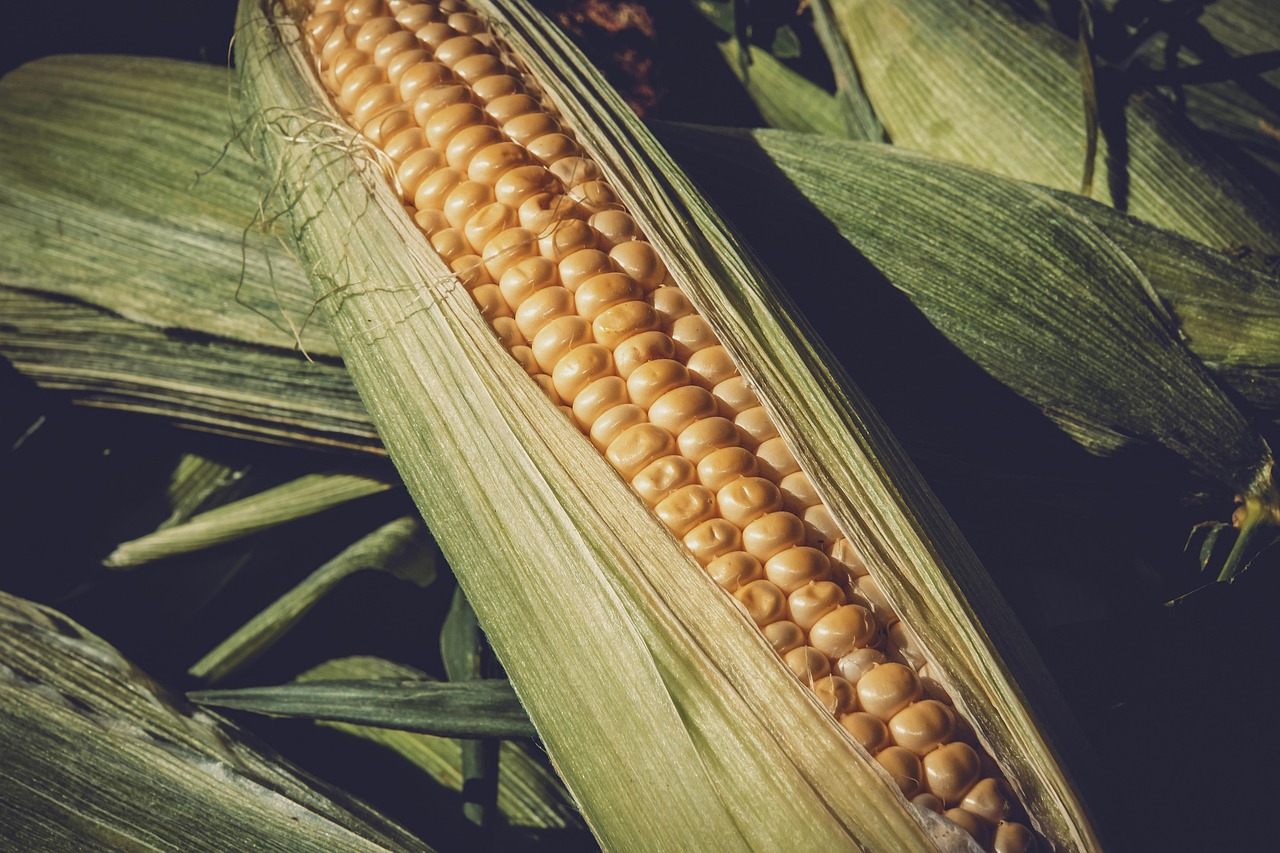“`html
Understanding Protein Intake: The Key to a Healthy Diet
Protein is one of the three macronutrients that our bodies need to function effectively, playing a crucial role in numerous biological processes. Whether you’re a fitness enthusiast, an athlete, or someone looking to improve their health, optimizing your protein intake can significantly impact your overall well-being. From muscle repair and growth to satiety and metabolic functions, understanding how much protein you need and where to obtain it can help you lead a healthier lifestyle. In this blog post, we will explore the importance of protein, recommended daily intake, sources of protein, and practical tips for incorporating it into your diet.
The Importance of Protein
Protein is vital for various physiological functions. Here’s why it should be a cornerstone of your diet:
Key Functions of Protein
- Muscle Repair and Growth: It aids in repairing tissues after exercise and supports muscle growth.
- Enzymatic Reactions: Proteins make up enzymes, which catalyze biochemical reactions essential for metabolism.
- Hormone Regulation: Certain proteins serve as hormones that regulate bodily functions.
- Immune Support: Antibodies, proteins that fight off pathogens, play an essential role in maintaining a strong immune system.
- Transport and Storage: Proteins transport nutrients in the blood and store various molecules, helping to regulate bodily functions.
Recommended Daily Protein Intake
The amount of protein one should consume can vary based on multiple factors including age, sex, activity level, and overall health. Here’s how to estimate your needs:
General Guidelines
- Average Adults: The RDA (Recommended Dietary Allowance) for protein is 0.8 grams per kilogram of body weight.
- Athletes: Endurance athletes may require 1.2 to 1.4 grams per kilogram, while strength athletes may need 1.6 to 2.0 grams per kilogram.
- Older Adults: Requirements may increase to 1.2 grams per kilogram to help prevent muscle loss.
For example, a 70 kg (154 lbs) active individual might need approximately 84 grams of protein daily.
High-Quality Sources of Protein
Not all protein sources are created equal. Choosing high-quality protein can make a notable difference in your overall health.
Animal-Based Protein Sources
- Meat: Chicken breast, lean beef, and pork are excellent sources.
- Fish: Salmon, tuna, and sardines provide protein along with healthy omega-3 fatty acids.
- Dairy: Greek yogurt, cottage cheese, and milk are packed with protein and calcium.
Plant-Based Protein Sources
- Legumes: Lentils, chickpeas, and black beans are great protein sources rich in fiber.
- Nuts and Seeds: Almonds, chia seeds, and hemp seeds provide healthy fats alongside protein.
- Whole Grains: Quinoa, brown rice, and oats can contribute protein, especially when paired with legumes.
Incorporating Protein into Your Diet
Enhancing your protein intake can be simple with the right strategies. Here are some practical tips:
Simple Tips for Increasing Protein Intake
- Protein-Rich Breakfast: Start your day with scrambled eggs or Greek yogurt topped with nuts.
- Snacking Smart: Choose high-protein snacks such as string cheese, hummus with vegetables, or protein bars.
- Meal Prep: Prepare meals in advance that include a source of protein, ensuring you hit your daily goals.
- Experiment with Protein Supplements: Consider protein powders or shakes to easily add protein to smoothies or post-workout meals.
Common Myths About Protein
Misinformation can lead to misunderstandings regarding protein intake. Here are some common myths debunked:
Myth vs. Fact
- Myth: You can only consume protein before or after workouts.
Fact: It’s beneficial to spread protein intake throughout the day. - Myth: High-protein diets are harmful to kidneys.
Fact: For healthy individuals, there is no evidence that high protein intake damages kidney function. - Myth: Plant proteins are inferior to animal proteins.
Fact: While animal proteins are complete, combining different plant proteins can provide all essential amino acids.
Conclusion
Protein intake is a fundamental aspect of a balanced diet and plays an essential role in maintaining health and enhancing fitness. Understanding your protein needs, the best sources, and how to incorporate protein into your diet are key steps in promoting overall well-being. Whether you’re aiming to build muscle, maintain weight, or simply lead a healthier life, prioritizing protein can make a significant difference. Start today by evaluating your protein intake and integrating more quality sources into your meals. Your body will thank you!
“`



